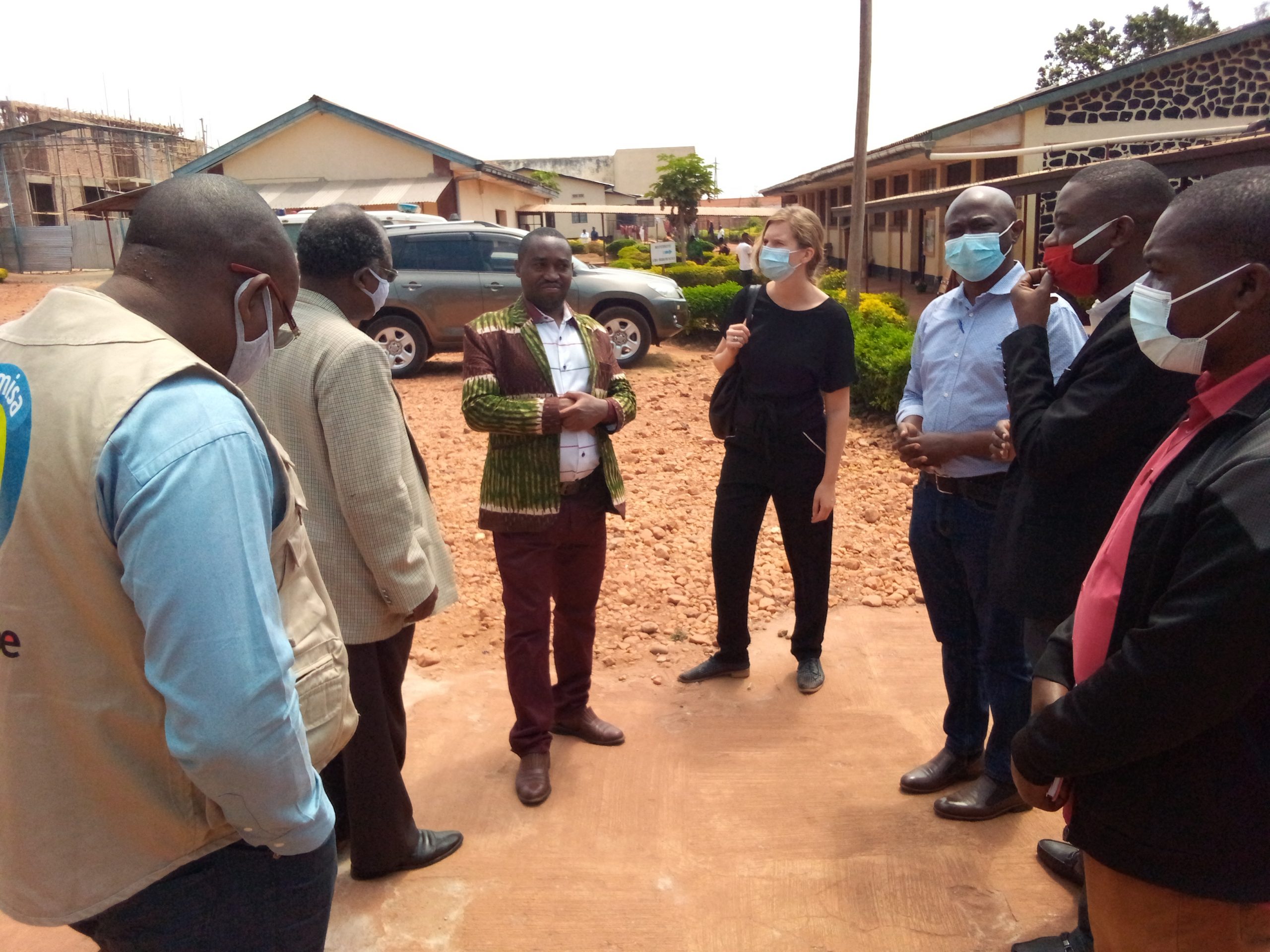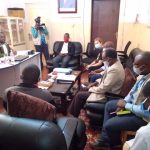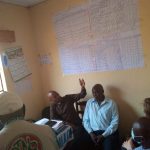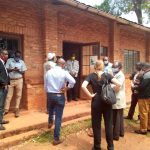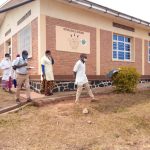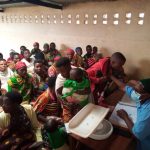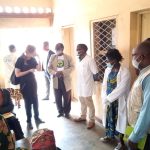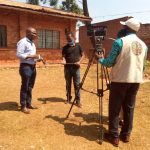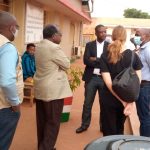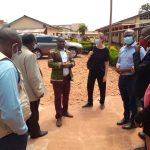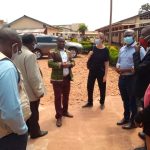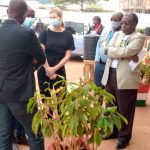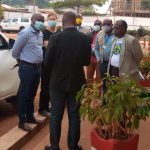Since 2017, Médecins Sans Frontières and Memisa have been working together on a joint program in Africa, co-financed by DGD (Directorate-General for Development Cooperation and Humanitarian Aid) with the ambition to make an active contribution to accessible and high-quality healthcare for the local population.
The cooperation will take place in a 5-year program to strengthen actors in the health system at the peripheral level, with special attention to vulnerable population groups.
For example, we work together on favorable and lasting changes in knowledge sharing and capacity building of health structures in the province of Muyinga in Burundi.
Official visit to Muyinga . Health Center and Hospital
The program includes visits to the health center, the district hospital, and a local health insurance company of Muyinga.
There we see remarkable progress on several levels:
• A positive CRT reporting for basic operations that are all performed in the hospital itself.
• Management of basic pathologies directly in the hospital.
• A decrease in referrals from patients outside the province.
• Improved hygiene and patient circuit after the recent rehabilitation of the operating room and sterilization department.
• Referrals and counter-referrals take place between health centers and hospitals.
The conclusions of this program will be published in 2022 in a report following the final evaluation of the 2017-2021 programme.
Les grands principes du programme Médecins Sans Vacances – Memisa 2017-2020 au sein de la Coopération au Développement étaient : améliorer la qualité des soins de santé et permettre l’accès au plus grand nombre en renforçant les acteurs du système de santé avec une attention particulière aux populations vulnérables.
Ce programme a mis un accent particulier sur les aspects de durabilité environnementale, de genre et de numérisation et s’est concentré sur
on 3 fundamental objectives:
1) Bevorder goed bestuur: versterk lokaal leiderschap en overleg vanuit de periferie; documenteer de wijzigingen die zijn aangebracht in samenwerking met onderzoeksinstellingen om te profiteren van ervaringen en het besluitvormingsniveau te beïnvloeden.
2)Het aanbod verbeteren: via opleidingen, uitwisselingen en stages willen we de actoren van het gezondheidssysteem versterken zodat ze hun rol kunnen opnemen. Het gaat daarbij om het versterken van de medisch-technische en organisatorische capaciteiten van zorgaanbieders en het bieden van ondersteuning op het gebied van infrastructuur, medische apparatuur, medicijnen en verbruiksgoederen..
3) Gegarandeerde geografische en financiële toegang tot gezondheidszorg van aanvaardbare kwaliteit, ook voor de meest kansarmen. Hiervoor werken we op verschillende manieren aan het subsidiëren van de zorg, het poolen van risico’s en het hanteren van een vaste prijssystematiek. Daarnaast ondersteunen we lokale en sociale initiatieven en zorgen we voor politieke belangenbehartiging en sociale bewegingen voor meer solidariteit.


